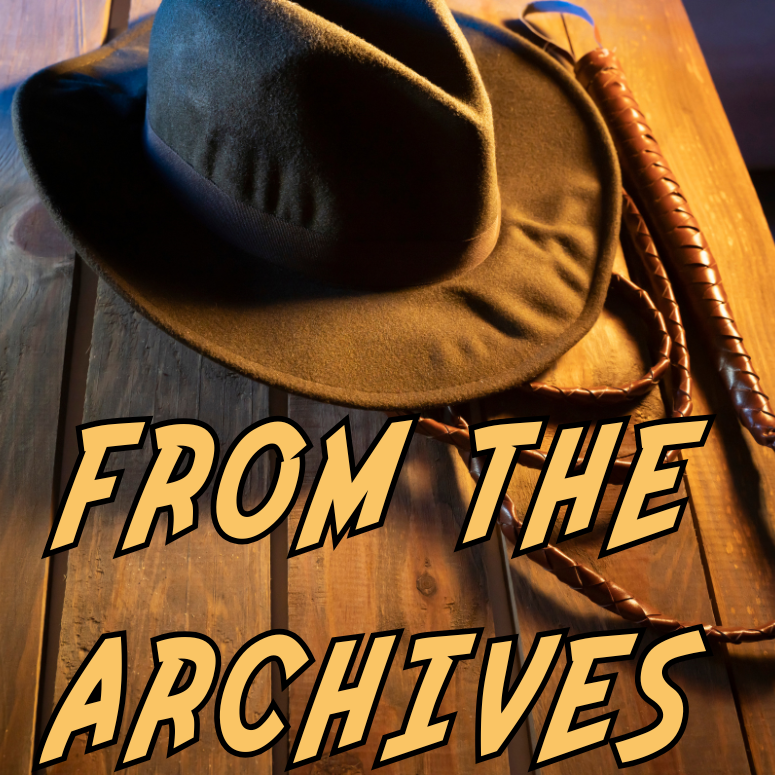From the Archives

8/08/2025 Contact Margaret Lovell
This article is taken, nearly verbatim, from “The Unitarian Church in Champaign-Urbana, 1907-1957, A Brief Account by Ethel Forbes Scott.”
Albert Ross Vail, a native of Nebraska, was born in 1880. He received a degree of Ph. B. at the University of Chicago in 1903 and a degree from the Harvard Divinity School in 1906. The American Unitarian Association, mindful of the opportunity for missionary work at the great university centers of the country, sent Rev. Vail on September 23, 1906, to Champaign. The Urbana Unitarian Society was therefore his first pastorate.
A former member of this church has written of Mr. Vail, "In his early years at Urbana he was a source of inspiration to a great many people. He filled the church to overflowing on Sunday morning and on Sunday evenings with lively discussion. [He was] a very youthful and very spiritual young man, he was considered an outstanding coming leader in the Unitarian fellowship. His sermons, as I remember them, were rich in content, well organized, well delivered, and, I might say, exhilarating. Among my intimate friends were some graduate students who found in Mr. Vail's offerings a similar exhilaration. Some never joined the church, but as one of them said, ‘We went back to our own churches with a fresh and freer point of view’."
Another member recalls Albert Vail as he knew him first in 1908. "Even then he displayed something of that mystical quality which grew noticeably during my early acquaintance with him. His readings were frequently from Oriental sources, particularly from Hindu and Persian writings. When he read or preached, his whole being seemed radiant and an aura seemed to surround his person. This had a great effect upon the young people's group and attracted many students of foreign birth. I remember Rabindranath Tagore, son of the Hindu poet, who was a sort of student assistant to Mr. Vail; Subhindra Bose, a brilliant Hindu student; Garabedian, a talented Armenian, and many others.
Most Unitarians are, or like to think they are, liberal, tolerant, understanding, and, if need be, long-suffering. This early congregation was slow to realize in the following years that they were hearing in church less and less of the fresh, realistic kind of doctrine that originally had proved so stimulating, and that more and more Albert Vail was exemplifying a purely theoretical and, as has already been suggested, an even mystical type of thinking. With the utmost sincerity and a growing dedication, he was expounding the tenets of Bahaism. When certain members decided that they had heard enough sermons about Abdul Baha and Baha o'llah, they simply stopped coming to church. Some others threatened to withdraw entirely. Their interest was in Unitarianism as such.”
As a member who had stood very close to Mr. Vail through the years, Mrs. Stephen A. Forbes was asked to go to him to make known the growing discontent in the congregation. That he was not to be moved from his position he himself made clear in his statement for publication in the local papers, when on May 1, 1918, he offered his resignation. In this statement he said in part, "Six years ago I met a servant of God named Abdul Baha, so universal in mind, brilliant in utterance, so pure, so radiant with universal love, so majestic in the power of his holy Spirit that I became convinced he and his equally perfect and glorious father, Baha o‘llah, were God's own messengers of light and salvation to our modern world. Therefore, I dedicated my life to making known this great discovery. I taught it little by little in the church services, in its fulness in our Friday evening meetings. But some of the older members of our church whom I deeply loved objected. Therefore I have resigned lest my teaching cause division in our beloved church.”
Mr. Vail‘s resignation did not prevent division. On the contrary, a number of families who had supported the church withdrew to form a separate group in Urbana, which still exists today under the name of Baha'i World Faith. Mr. Vail became a lecturer and organizer in that field of religion.

